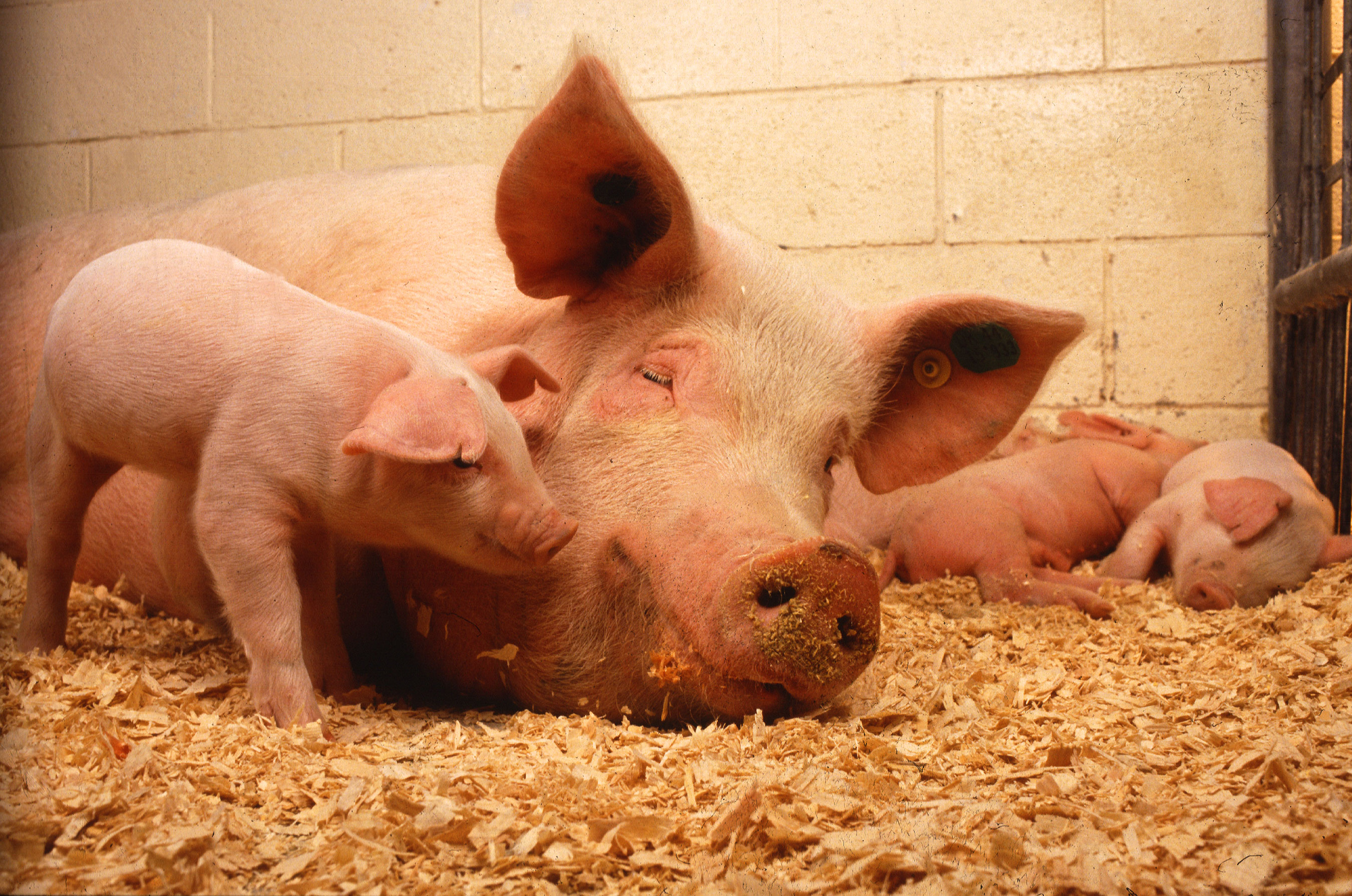Ryan Leef, Member of Parliament for Yukon
Dear Ryan,
What, in your view, constitutes political corruption?
Graft, the practice of using one’s political position for financial gain, is what usually comes to mind when considering political corruption.
Senator Mike Duffy pursued opportunities for personal financial gain from his Senate position. Perhaps Duffy thought he was entitled to extra perks because of his usefulness as a campaigner and fundraiser for the Conservative Party. From the lengths that your caucus went to hide Duffy’s peccadillos, it appears that Conservatives thought so too.
What about complicity in dirty dealings? Everyone knew where Duffy lived. Was it not duplicitous to appoint a man to represent P.E.I. and pretend not to know that he lived in Ottawa?
What about bribery? Democracy Watch plans to sue the Prime Minister’s Office, (PMO), for bribing Duffy to keep quiet about his expense troubles. The RCMP cleared the PMO because, as we’ve been told, Nigel Wright, a man of considerable business savvy, was so naïve that he didn’t understand that offering Duffy money could be interpreted as offering hush money.
Senior members of the RCMP appear to be cosy with the Harper regime and have a history of activities that could be construed as political interference. For example, the RCMP falsely implicated former Liberal finance minister, Ralph Goodale, in a criminal investigation just prior to the 2006 election.
Cronyism is a form of corruption that leads governments to place the interests of their friends over the interests of the public.
The cosiness between the fossil fuel industry and the Conservative government has the appearance of cronyism. In 2011, a leaked letter from the Canadian Association of Petroleum Producers to the Harper Conservative government asked for environmental regulations and assessments to be “realigned” with their industry’s objectives. We then saw environmental regulations and protections gutted through Ominous Budget Bills C-38 and C-45.
Obfuscation is another sign of corruption.
Arguments over Bill S-6, an act to amend the Yukon environmental regulatory regime, provided examples of obfuscation.
Both the Minister of Aboriginal Affairs and Northern Development and the Yukon Party swore up and down that the Council of Yukon First Nations were consulted about four contentious amendments. Yet Grand Chief, Ruth Massie has said that the four amendments were snuck in after consultations, not during. Why, one must ask, would the Chiefs even discuss amendments that weaken First Nations treaty rights?
When there was a back lash against Bill S-6, the Premier and Minister Valcourt blamed each other for the unpopular four amendments leading spectators to conclude that at least one, if not both, of these parties were not truthful.
Patronage appointments, particularly to the Senate, are an indicator of political corruption. “Bagmen” is a description of patronage appointees committed to unquestioning party loyalty, partisan politicking and party fundraising.
To be fair, Mr. Harper did not invent patronage. However, other Prime Ministers also appointed accomplished persons of good character who operated well beyond partisan interests in their service to Canada. This Prime Minister saw no reason to waste a single senate seat on someone not dedicated to narrow Conservative Party schemes and issues.
Pork barrelling is the corrupt practice of buying votes with favours. The recent increase to Universal Child Care Benefits in an election year appears to be pork barrelling on a national scale. In my opinion, the income splitting scheme, targeted at only well to do families, is selective pork barrelling.
Pork barrelling requires long term planning with future election campaigns in mind. In other words, corrupt governments have to set aside public money, in some cases clawed back from important social, scientific and public safety programs, just so they can buy votes when they need to.
Another sleazy practice is the funnelling of public money into partisan advertisements. One of the first items in the recently announced budget is $7.5 million to advertise future programs. Since 2009, the Harper government has spent over $100 million on partisan ads disguised as Action Plan ads. Here, the scale of Mr. Harper’s opportunism is unprecedented.
What about electoral crimes? After the last election, Conservative operatives were found to have misdirected identified opposition voters in jurisdictions all across Canada, including Yukon. The government’s reaction has been to remove the ability of Elections Canada to expose electoral crimes through the Unfair Elections Act, Bill C-23.
Finally, changes to voter identification within Bill C-23 will make it very difficult for certain people, many of them First Nations, to vote.
What could be more corrupt than rigging elections through voter suppression?
Linda Leon is not now, nor has she ever been a member of any federal political party.
Letters to Ryan Leef are published monthly in the Whitehorse Daily Star and in rabble.ca
Image: wikimedia commons



